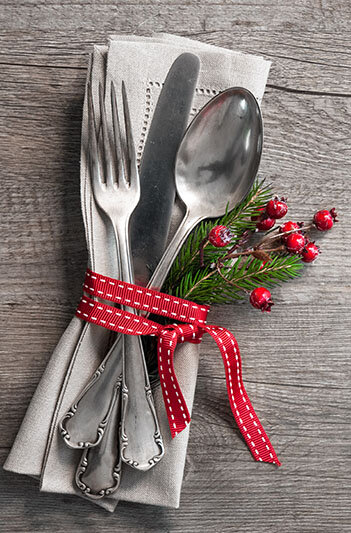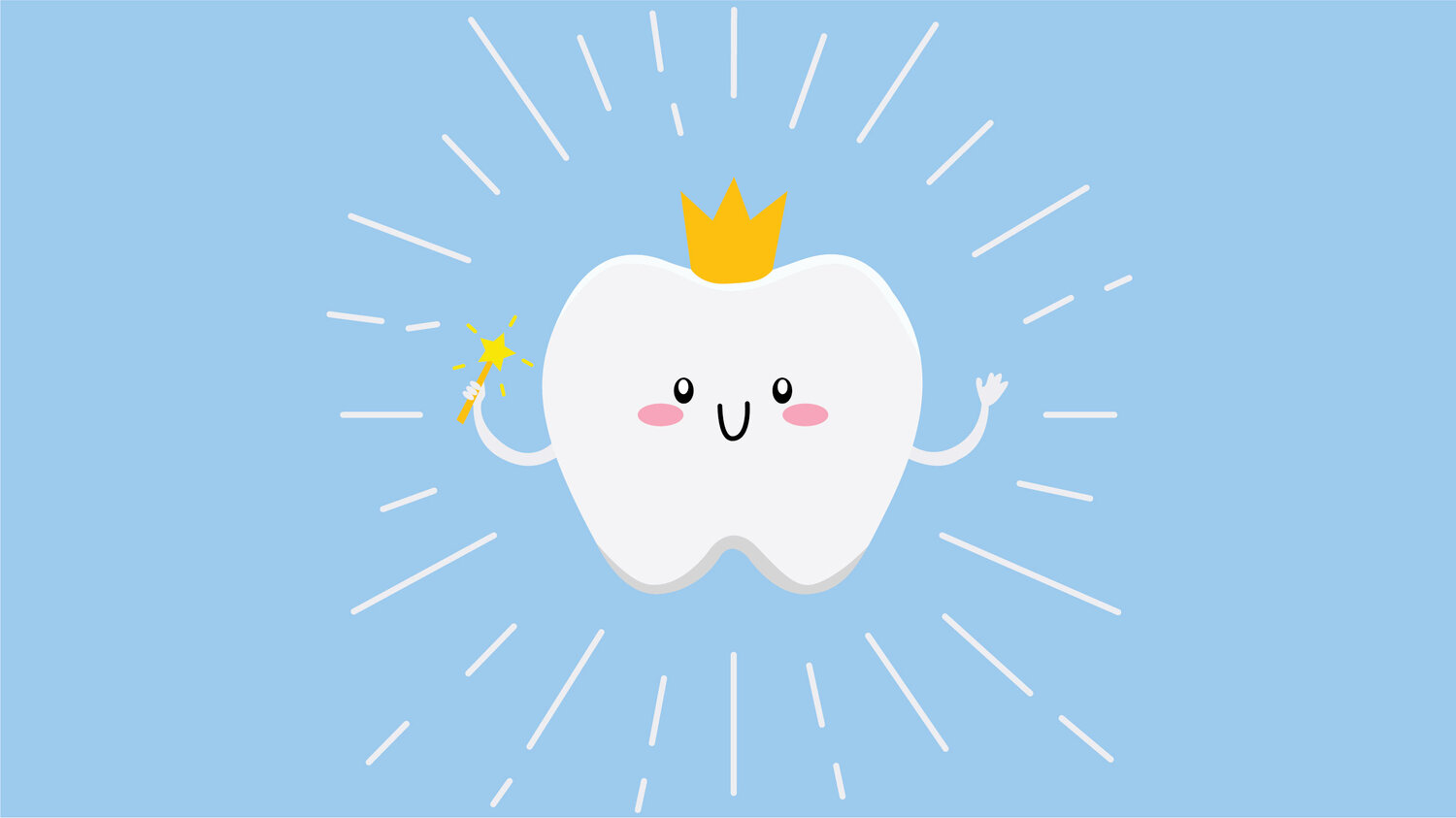Holiday Eating During Pregnancy: What to avoid and What is safe

The holidays center around food for most people: Christmas cookies, pecan pies, and eggnog. But if you're pregnant, some dishes may not be so safe.
We are giving you the inside scoop on what holiday foods are safe and unsafe during your pregnancy; here are some tips from the Center for Disease Control and Prevention, the Food and Drug Administration, and the American Pregnancy Association.
Raw Milk and Eggs:
Raw milk is milk from cows, sheep, goats, or any other animal, that has not been pasteurized to kill harmful bacteria. Raw milk can carry dangerous bacteria such as Salmonella, E. coli, Listeria, Campylobacter, and others that cause foodborne illness, often called “food poisoning.”
-
Stay away from any food containing raw or uncooked eggs, such as homemade eggnog, raw cookie dough, or homemade Ceasar salad dressing.
-
Instead, eat commercially prepared eggnog or Ceasar salad dressings. Commercially-ready products have gone through the pasteurization process, which removes the risk of bacteria.
Raw Meat and Seafood:
Raw meat may contain harmful bacteria, including Salmonella, Listeria, Campylobacter, and E. coli, that can cause food poisoning.
-
Stay away from oysters, sushi, sashimi, smoked salmon, lox, or mussels.
-
Instead, eat cooked or previously cooked seafood or meat, canned seafood, lobster, shrimp, or wild salmon.
Unwashed Vegetables:
Sometimes, unwashed vegetables can contain bacteria such as E-coli, Listeria, or Salmonella. Vegetables can become contaminated through animal contact, harmful substances in the soil, or poor hygiene.
-
Stay away from vegetables that have not been washed, including lettuce and raw spouts.
-
Instead, eat washed and cooked vegetables.
Soft Cheese:
Unpasteurized dairy products may contain Listeria. There's a chance that listeriosis can lead to miscarriage, stillbirth, or make your newborn baby very ill. Soft cheeses with a white coating on the outside have more moisture, making it easier for bacteria to grow.
-
Stay away from mold-ripened soft cheeses with a white coating on the outside, such as brie, camembert, and chevre (unless cooked until steaming hot), soft blue cheeses such as danish blue, gorgonzola, and roquefort (unless cooked until steaming hot), any unpasteurized cow's milk, goat’s milk, or sheep's milk
-
Instead, eat hard cheeses such as cheddar, stilton, and parmesan, soft pasteurized cheeses such as cottage cheese, mozzarella, feta, cream cheese, paneer, ricotta, halloumi, goat’s cheese without a white coating on the outside (rind), and processed cheese spreads
Alcoholic beverages:
Drinking alcohol while pregnant is not advised by any medical source. When you drink, alcohol passes from your blood through the placenta and to your baby. A baby's liver is one of the last organs to develop and does not mature until the later pregnancy stages. Your baby cannot process alcohol as well as you can, and too much exposure to alcohol can seriously affect their development. Drinking alcohol, especially in the first three months of pregnancy, increases the risk of miscarriage, premature birth, and your baby having a low birthweight.
-
Stay away from all holiday alcoholic cocktails.
-
Instead, drink non-alcoholic holiday cocktails—mix cranberry juice with sparkling water for a festive drink.
Caffeine:
If you’re pregnant, pass on the holiday after-dinner espresso. High levels of caffeine in pregnancy can result in babies having a low birth weight, increasing the risk of health problems in later life. Too much caffeine can also cause a miscarriage.
Experts recommend that caffeine should be limited to up to 200 milligrams per day, which is equivalent to a 12-oz cup of coffee. Remember that caffeine is in other products such as chocolate, soda, and energy drinks.
-
Stay away from foods and drinks that contain caffeine.
-
Instead, drink decaffeinated drinks, water, juice, or milk.
The holidays are a wonderful time to be pregnant! Being prepared and knowing what is safe and not safe before attending that holiday party will help you make healthy choices. If you do eat something that is a risk, don’t panic! Call your obstetrician with any questions you may have.


